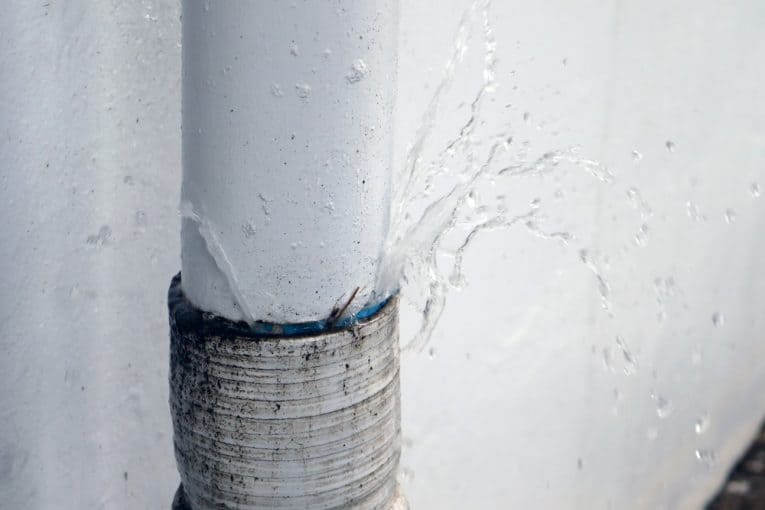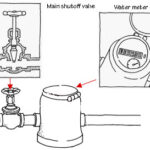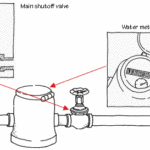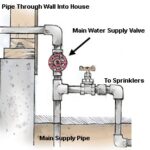Water is one of the basic necessities for human survival, and yet, it doubles as one of the most destructive forces in nature. Even the tiniest drops of water left unchecked in a home can lead to mold and mildew. Bigger issues like leaks or burst pipes can warp flooring, destroy insulation, and much more.
Thankfully, today’s smart home devices can alert you if moisture is detected and potentially help save your home from water damage.
Here’s how you can use smart home devices to protect your home from water damage.
Utilize smart water sensors
Ideally, place smart water sensors in basements, under cabinets, and anywhere pipes are present in order to potentially detect leaks. When it senses a leak, the sensor sounds an audible alarm and sends a push notification to your smartphone. Also, consider installing smart water sensors near toilets, sinks, and even around hot water heaters.
Install a smart valve
When you have a leak, the first course of action is to shut off water to the home to stop the water flow and prevent further damage. But what happens if you’re not home, or if a leak springs in the middle of the night?
A smart valve works with your water sensors to shut off the flow of water automatically when a leak is detected. It protects your home without any intervention on your part.
Set up a smart siren
Smart sirens are usually used in conjunction with a security system. These devices have one purpose, and one purpose only: to make as much noise as possible and let the homeowner know something is wrong.
You can install a siren and link it to your water sensors. Set the siren to trigger if the sensor detects water within the home, and it will leave no doubt that you need to inspect the situation.
Install a freeze detector
Water leaks are commonly caused by burst pipes. When winter rolls around, an exposed water pipe can easily freeze and fracture, and homeowners only find out when it’s too late – after the water starts spewing.
A freeze detector can alert you if your pipes get too cold. Use them around vulnerable pipes, such as those in a basement or under the house in less-insulated areas. If the temperature drops below a certain threshold, the sensor will send an alert to your smartphone.
In summary
Water can be destructive, but you can minimize damage to your home through early detection of leaks and moisture. Devices such as smart sensors and smart valves not only offer visibility into problems you may not be able to see, but they also give you what you need most—the benefit of more time. The true value in this smart technology is its ability to notify you the moment a problem arises so you can take swift action.
Find Reliable Local Home Security Pros
Patrick Hearn is an Atlanta-based tech writer for Xfinity Home. When not researching the latest gadget or home security solution, he can be found at the latest coffee shop trying the newest pour-over.








 Don Vandervort writes or edits every article at HomeTips. Don has:
Don Vandervort writes or edits every article at HomeTips. Don has:




